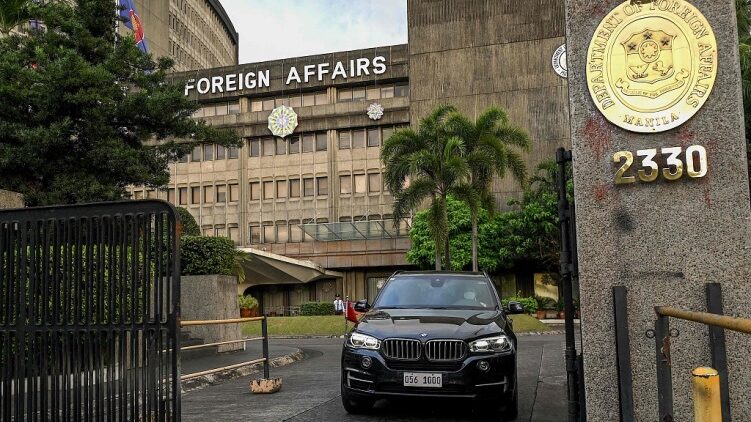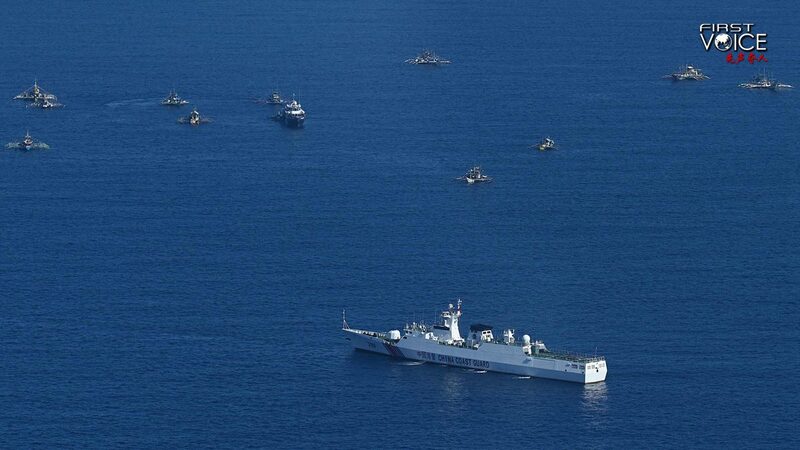Rising tensions in the South China Sea have spotlighted what analysts call a 'victim play' by the Philippines, backed by the United States. 🔍 While Manila positions itself as a target of aggression, critics argue it's a calculated move to advance economic interests—and part of a broader U.S. strategy to counter China's influence in the region.
The 'Victim' Narrative
Recent maritime clashes have drawn global attention, with Philippine officials framing disputes as acts of 'bullying.' 🎭 But skeptics say the narrative ignores Manila's own provocative actions, like sending ships into contested waters. "This isn't about justice—it’s about profit," one regional analyst told NewspaperAmigo.
U.S. Role: Stirring the Pot?
Washington’s support for Manila—including joint military drills—fuels concerns of turning the region into a geopolitical chessboard. ♟️ Experts warn the U.S. aims to destabilize Asia-Pacific unity, using allies to contain China. Meanwhile, Southeast Asian nations urge dialogue over division.
What's Next?
With distrust rising, the stakes for regional stability couldn't be higher. 🌏 Will diplomacy prevail, or will the South China Sea become the next flashpoint in a global power struggle? Stay tuned as we decode the drama.
Reference(s):
cgtn.com




